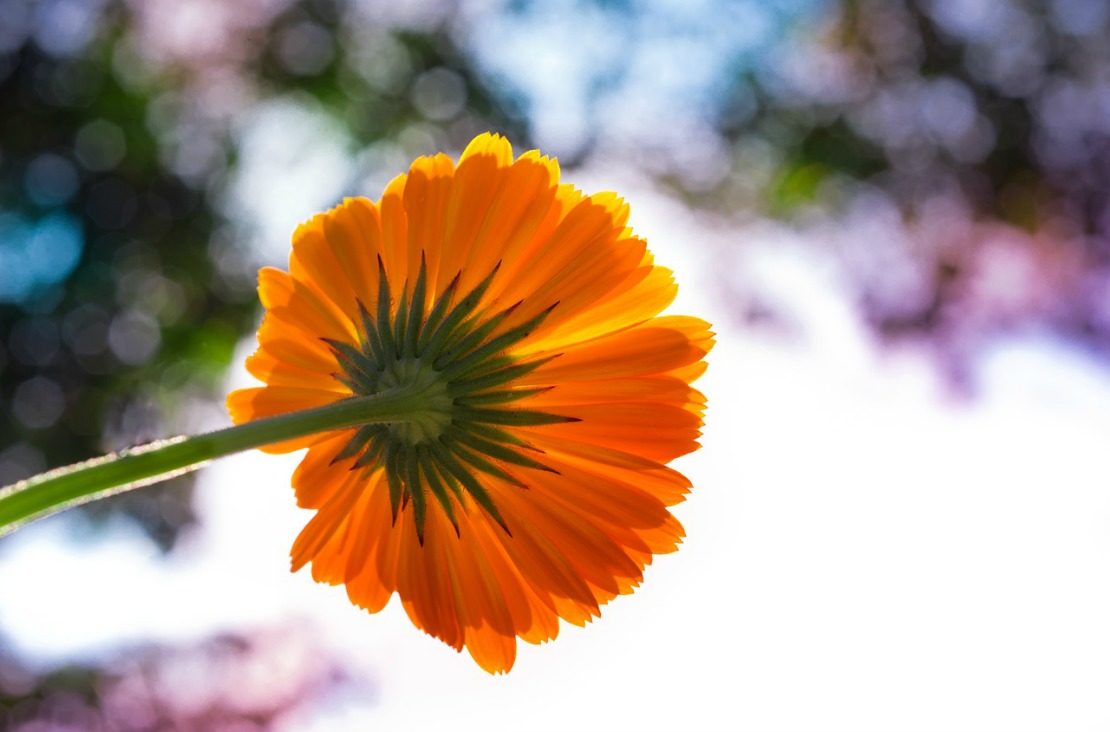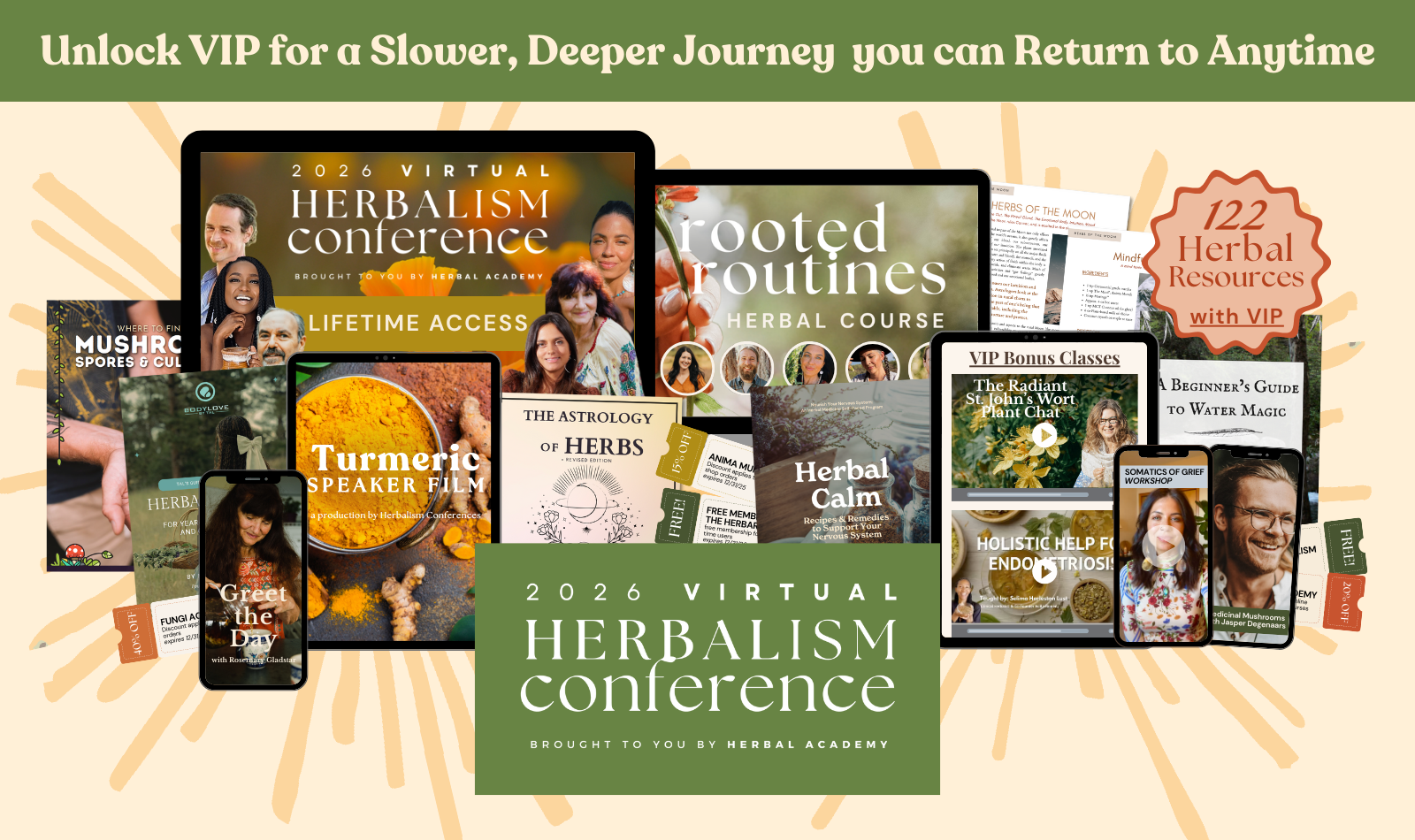
Garden Wellness
“[People have] has sought out plants with medicinal properties since time immemorial. Evidence of this are the-thousand-year-old traditions and records of popular healing. Even in this great age of great development and progress in the fields of chemistry [and] pharmaceuticals,…plants have lost none of their importance.”
Botanical Wellness
Herbalism is the oldest form of wellness. It is also the most widely practiced wellness modality in the world, according to the World Health Organization. Throughout history, people of all cultures have practiced some system of herbalism, and the modern pharmaceutical industry continues to rely heavily on plants as the basis for many medications.
Most of us did not grow up learning about herbs alongside a wise elder or even witness it as an everyday common-place practice so we have to do a little research ourselves. Lucky for all of us that there have been keepers of the flame and herbal traditions have survived through them. We can find hundreds of books on herbalism (here our favorite herbal books) as well take classes and workshops offered all over this country and around the world.
Learning about the phytochemicals and health-supporting properties of plants and weeds is quite astonishing in its simplicity and in its complexity. The plant’s simplicity is in the availability and fairly effortless rendering of its properties. The complexity is in the thousands of constituents that work in synergy to nourish and protect the plant itself while it takes its place in the ecosystem where it will help clean the air, provide food, wellness, beauty and even shelter. We need to approach this practice of herbalism with reverence and gratitude for all that exists and all that is provided there in the green fields, forests and plains of our living, breathing Earth.

You will want to seek out herbal mentors and take plant walks to learn plant identification. You may also decide to start growing some of the herbal plants that you learn about. An easy way to start is to grow kitchen herbs that you are familiar with such as rosemary, oregano, thyme, parsley, sage and lemon balm. All of these plants have properties that you can extract in tinctures, drink in a tea, include in your diet or use in a number of other applications.
When we learn how to correctly identify plants and how to use them as wellness support we empower ourselves and we become more self-reliant. We know exactly what we are consuming and we are consequently more engaged in our own wellbeing. We are in a position to notice the nuances and subtleties as well as the potency of the herbs used. We also begin to understand and participate in the intricacies and the rhythms of the Earth and all its seasons. Another huge benefit to studying and using herbs is that we tend to find ourselves in places of beauty and peaceful harmony thus releasing harmful stress from our bodies.
If you are looking for a place to study herbalism and connect with other herbalists, you may enjoy our online herbal program or local classes. All are welcome!









